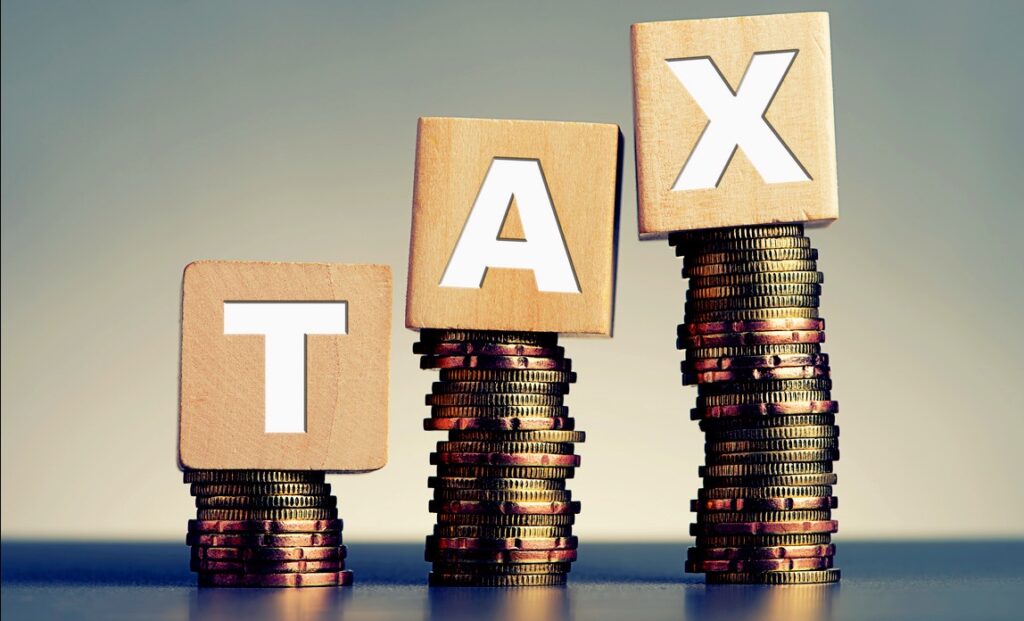The Federal Government has announced that, starting from January 2026, Nigerians earning ₦250,000 or less monthly will be exempted from paying personal income tax.
The announcement was made by Taiwo Oyedele, Chairman of the Presidential Committee on Fiscal Policy and Tax Reforms, during a media briefing on the new tax laws.
This decision is part of a broader effort to make Nigeria’s tax system fairer and more inclusive. Individuals who earn ₦250,000 or below have now been officially categorized as “poor” and will be exempted from paying personal income tax.
According to the government, the objective of the new tax laws is not to increase the tax burden on citizens. Instead, the focus is to stimulate economic activity, track tax evaders, protect businesses, and ensure the tax structure supports growth and prioritizes the needs of the people.
The tax adjustments are structured by income level. Low-income earners, those earning ₦250,000 or less monthly, will pay no tax at all. Middle-income earners, whose annual income falls between ₦1.8 million and ₦2 million, will benefit from reduced taxes. However, high-income earners will experience a slight increase in their tax rates.
In determining the ₦250,000 poverty line, the committee considered global standards such as the World Bank and UN’s $2.15-per-day benchmark. But they also factored in Nigeria’s unique rural conditions where many citizens grow their own food and spend little on transport. This led to the adoption of a custom poverty line suited to Nigeria’s realities.
Chairman of the tax reform committee, Taiwo Oyedele, stated that while the new law may not put money directly into people’s pockets, it will stop taking from those who can least afford it. “This tax law will not give you cash in your pocket, but at least it won’t take your cash away if you are poor,” he said, emphasizing the fairness and protective nature of the reform.


